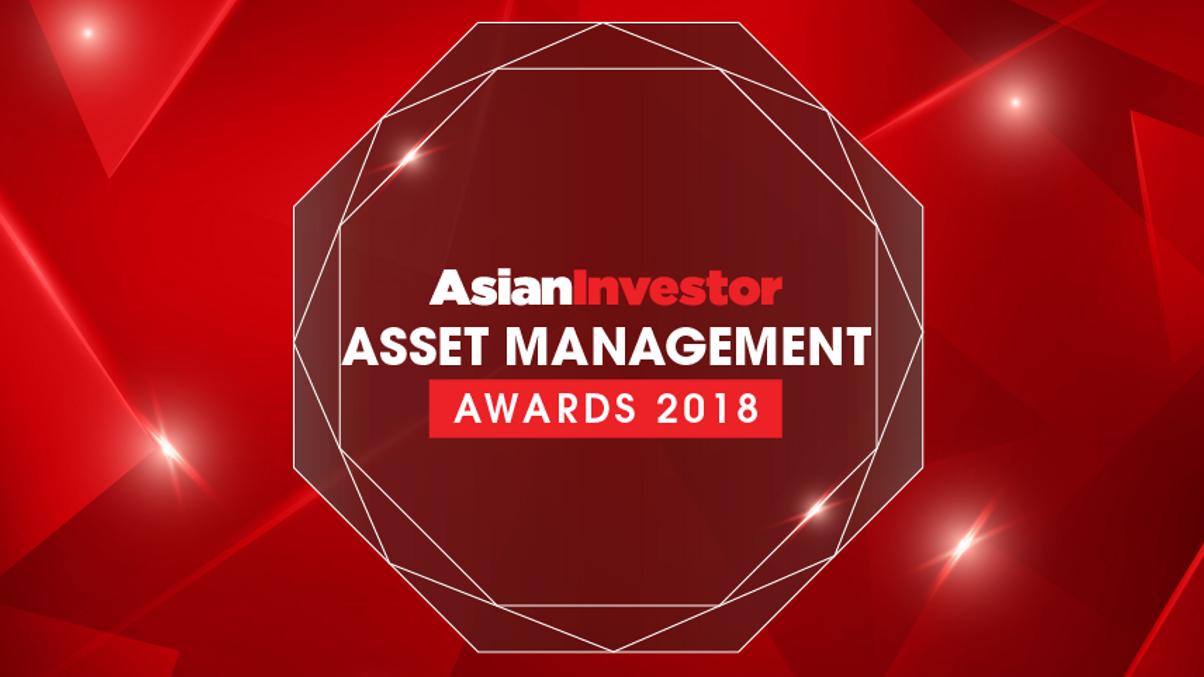award
AsianInvestor's top country funds, Part 2
For the second half of our Market Awards write-ups, we detail why we chose fund house winners in Korea, Malaysia, the Philippines, Singapore, Taiwan, Thailand and Vietnam.

Every year, AsianInvestor's editorial team conduct an intensive analysis of the region's leading asset management service providers, fund products, and asset managers, to ascertain the top organisations of the previous 12 months.
Sign in to read on!
Registered users get 2 free articles in 30 days.
Subscribers have full unlimited access to AsianInvestor
Not signed up? New users get 2 free articles per month, plus a 7-day unlimited free trial.
¬ Haymarket Media Limited. All rights reserved.


